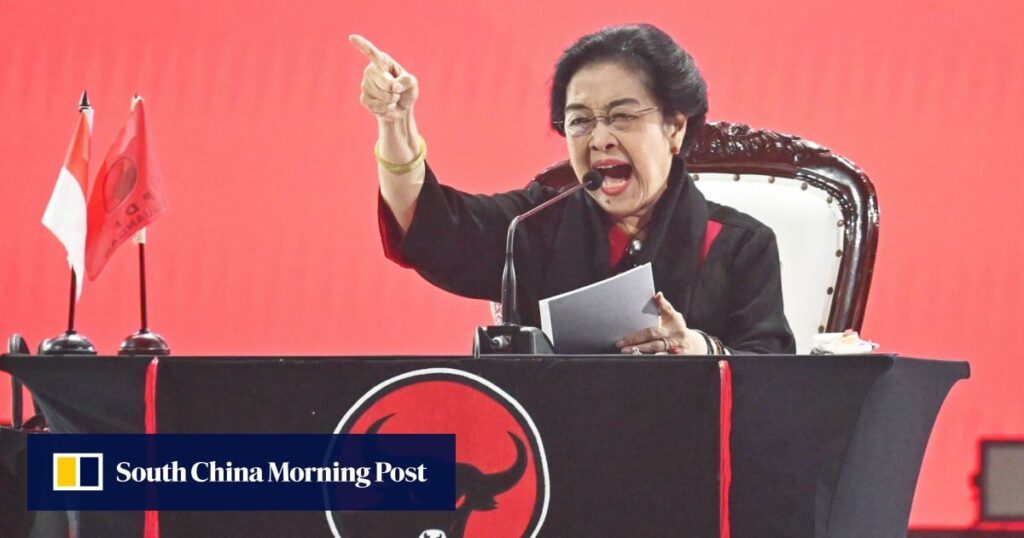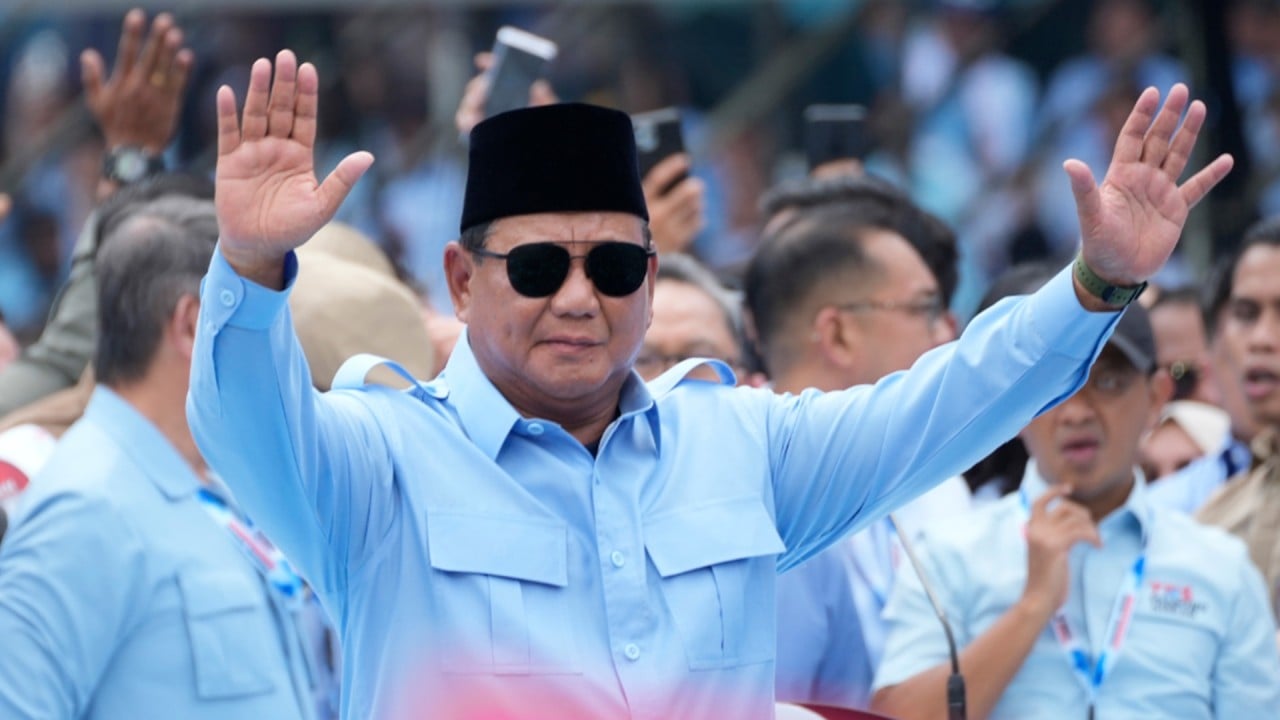But in her speech, she strongly criticized the government of outgoing President Joko Widodo and the lack of democratic guarantees in February's presidential election, and suggested the PDI-P could take on an opposition role.
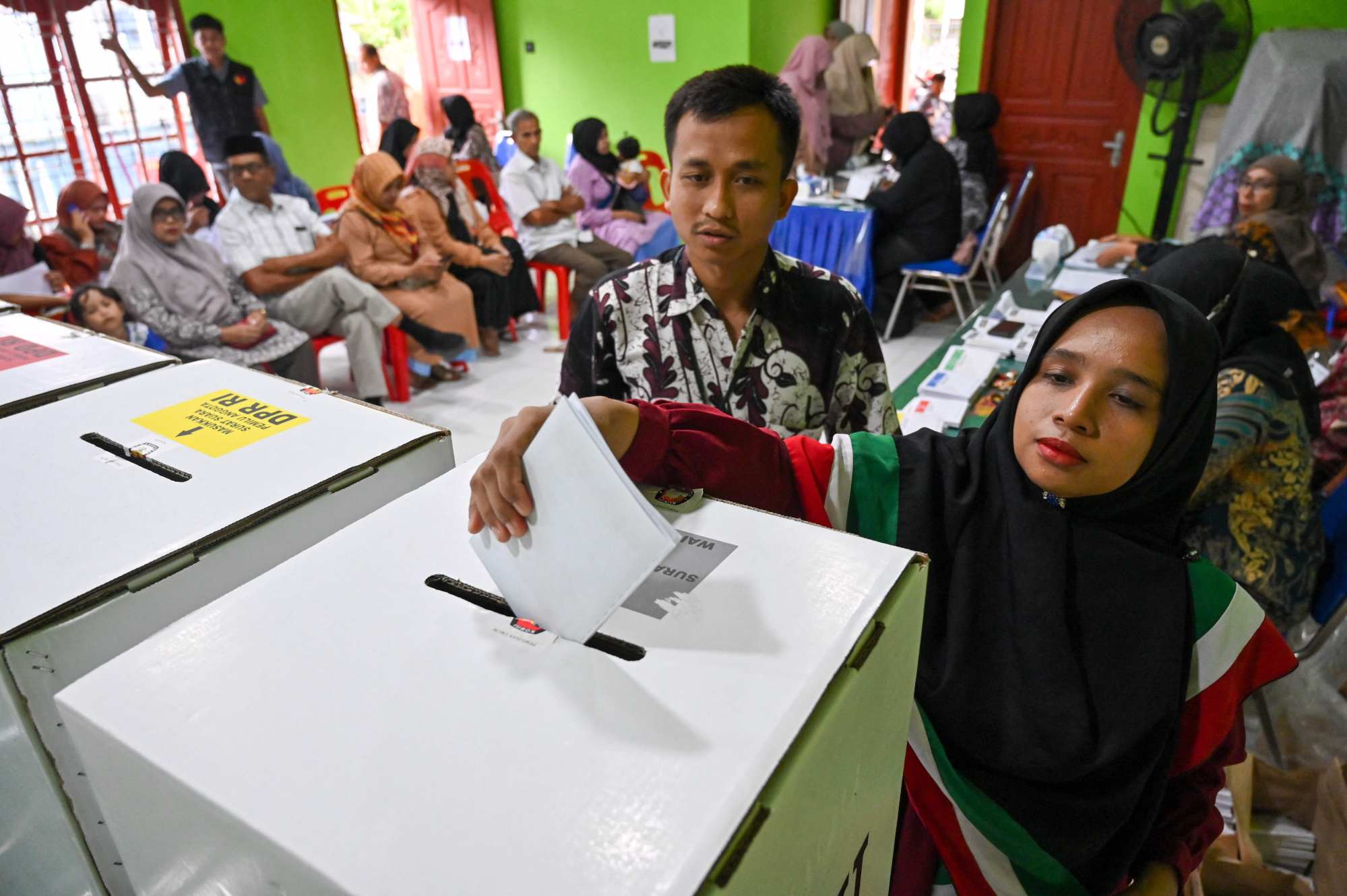
Megawati alleged “widespread, systematic and deliberate” fraud that tarnished the election, echoing the views of Prabowo's opponents and pro-democracy activists in the country.
“It is sad because I was president when the first direct elections were held in this country. Those elections were responsible and successful. Why have they now been blurred and manipulated?” Megawati said in her opening speech on Friday.
The PDI-P won its biggest victory in February's parliamentary elections with 16.72% of the vote, winning 110 of the 580 seats in the lower house.
However, the country's presidential candidate, Ganjar Pranowo, was defeated, receiving the least number of votes among the three candidates.
Ganjar's defeat was largely blamed on a lack of support from incumbent President Widodo, who has been a member of the PDI-P for the past two decades and used it as a political tool to rise from mayor of Solo to governor of Jakarta and then president.
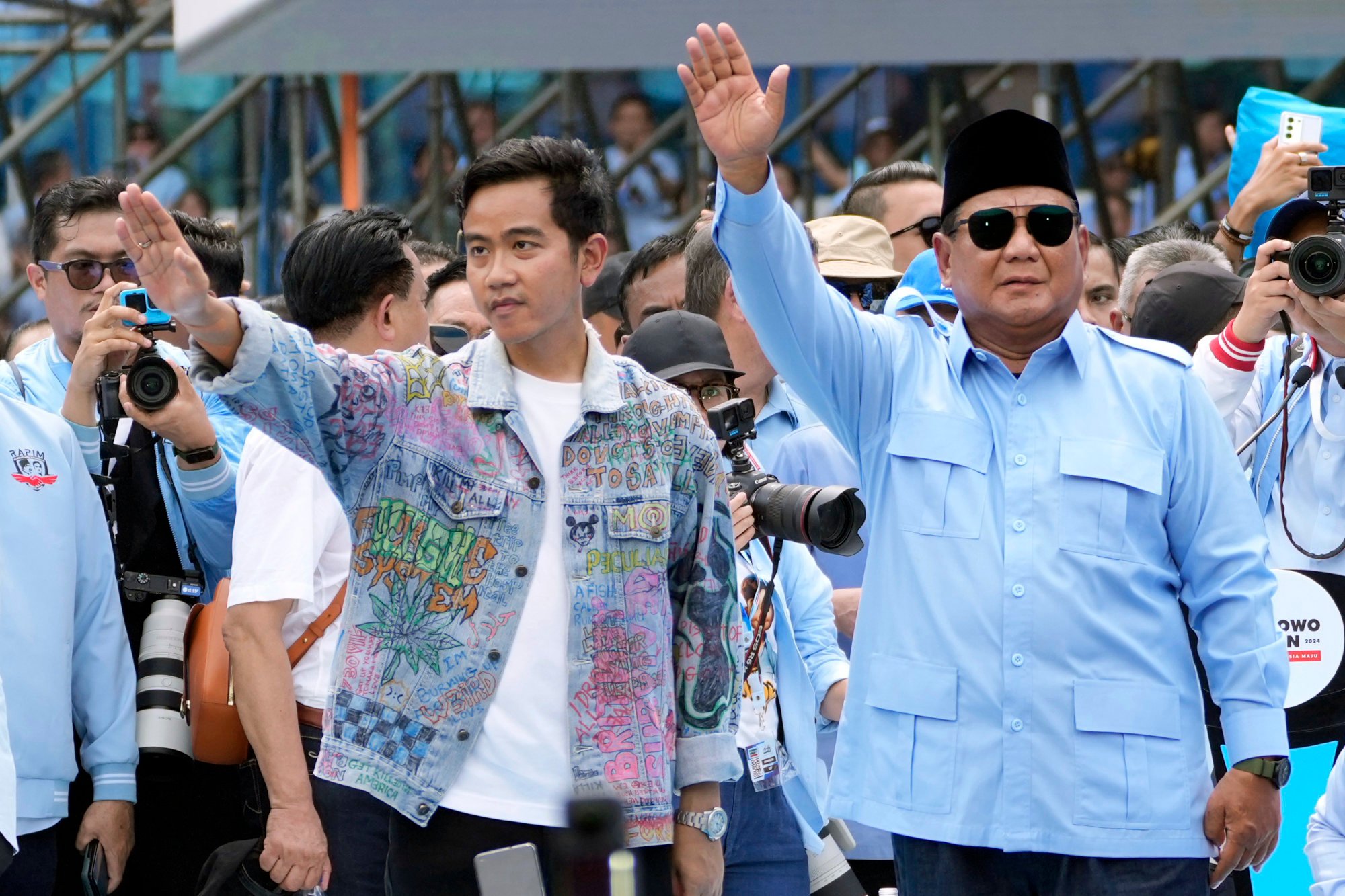
While President Widodo's relationship with Prabowo could hinder PDI-P's position in the new government, analysts say the party is not ready to rule anything out yet.
“I think Megawati's comments indicate that at this point PDI-P wants to keep its options open and explore a potential deal with Prabowo's team,” said Alexander Arifianto, a senior fellow in the Indonesia program at Singapore's S. Rajaratnam School of International Studies.
Megawati told the party leaders' meeting that it would be “presumptuous” to expect an announcement about PDI-P's position at this point.
“At this moment as I speak, I still have to calculate the political risk,” she said. “Of course, I'm going to play. [with my options] Slightly.”
While she acknowledged that many expected her to give a clear answer about PDI-P's position under Prabowo's administration, she said her party would remain a staunch defender of democracy regardless of the final decision.
Negotiation skills
Prabowo has been reaching out to rival parties in the hopes of expanding his political coalition and winning a majority in parliament. So far, two of the three parties backing rival candidate Anies Baswedan — the National Democratic Party and the National Awakening Party — have announced they will join Prabowo's coalition.
His own coalition government, made up of four parties, won a combined total of about 48.27% of the vote in the parliamentary elections, and he is currently expected to win at least 280 of the 580 seats in Indonesia's parliament.
The PDI-P and the Prosperous Justice Party, which won an estimated 53 seats, are the two remaining parties that have yet to announce their position under Prabowo's administration.
Wasisto Rahardjo Jati, a political analyst at the Jakarta-based National Research and Innovation Agency, said PDI-P was choosing to “monitor the situation” to see how many parties supported the Prabowo-Gibran government.
“[Megawati’s] “The concern is that if the PDI-P becomes the sole opposition party in parliament, it will not be strong enough to control a coalition government,” he said. “So the PDI-P will remain cautious before taking a position.”
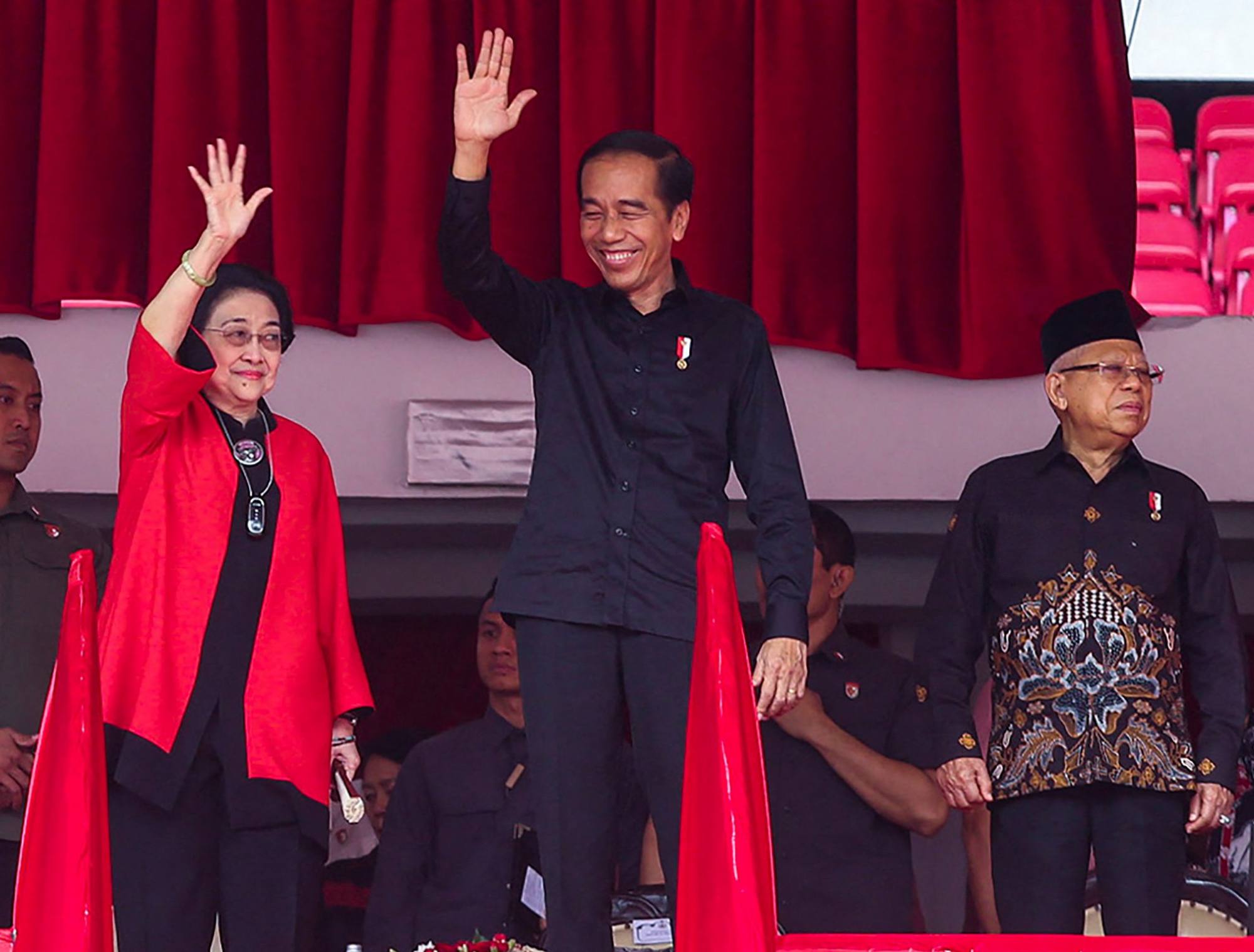
Political analyst Arifianto said Megawati could be biding her time to gauge how much influence Widodo retains within Prabowo's cabinet.
“[PDI-P] “They also want to know who will be in the cabinet, which means they want to know how much influence Jokowi will have in the new cabinet,” he said, referring to President Widodo, who is nicknamed Jokowi. “If Jokowi still has a lot of influence over cabinet composition, it means the PDI-P is more likely to be the opposition rather than joining it.”
The party is also focusing on local government elections on Nov. 27, which will elect governors, mayors and council members across the country. Parties are currently fielding candidates for key leadership positions, including Jakarta governor.
“I think [the PDI-P] “We may consider waiting until the local executive elections in November,” Arifiant said.
“The more PDI-P candidates win gubernatorial elections, especially in Jakarta, the more they will be used as bargaining chips in any potential deal with Prabowo. But if PDI-P loses key gubernatorial elections, it will lose its negotiating power.”


